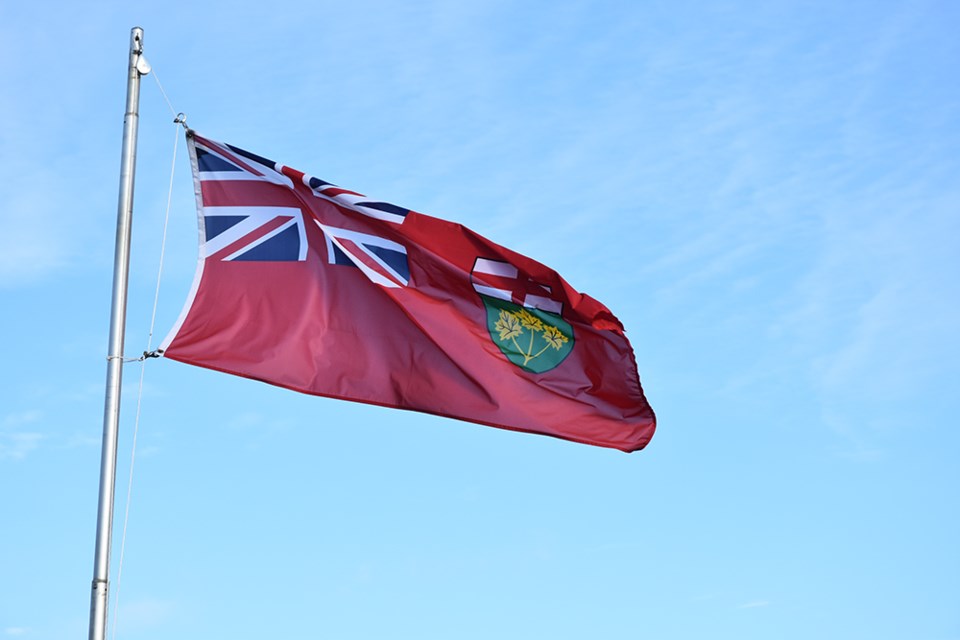Mandatory vaccine policies, boosters for high-risk people and allowing more youth to be vaccinated were all part of a provincial announcement today.
Ontario is also pausing the exit from the Roadmap to Reopen to allow health experts to continue monitoring data to determine when it is safe to lift the majority of the public health measures in place.
Chief Medical Officer of Health Dr. Kieran Moore has issued a directive to mandate that hospitals and home and community care service providers have a COVID-19 vaccination policy for employees, staff, contractors, students and volunteers. Ambulance services will also be required to have a vaccination policy for paramedics.
The policies must be in effect no later than Sept. 7, 2021 and must require proof of one of three things:
- Full vaccination against COVID-19
- A medical reason for not being vaccinated
- Completion of a COVID-19 vaccination education session
People who do not provide proof of full vaccination must take regular antigen testing.
"These settings will be required to track and report on the implementation of their policies to the provincial government. This is similar to the vaccination policy requirements currently in place for long-term care homes," reads the provincial announcement.
Moore said vaccination policies will also be implemented in other high-risk settings such as post-secondary institutions, licensed retirement homes, women's shelters, congregate group homes, children's treatment centres, other services for children with special needs, and licensed children's residential settings.
The Ministry of Education is also introducing a vaccination disclosure. It is for all publicly-funded school board employees, staff in private schools, and staff in licensed child care settings. Staff who are not immunized will have rapid antigen testing requirements.
The government is working with public health units and school boards to run vaccination clinics in or near schools.
"With the support of Ontario’s Chief Medical Officer of Health, our government is taking action to make schools as safe as possible,” said Stephen Lecce, Minister of Education, in the news release. “Our plan will protect our schools, ensure rapid speed with contact tracing, all with the intention of keeping them open for the benefit of Ontario students.”
Starting tomorrow — Wednesday, Aug. 18 — children turning 12 years old before the end of 2021 can receive their first dose of the COVID-19 vaccine.
A third dose of the vaccine is being offered for people at the highest-risk to provide an "extra layer of protection against the delta variant".
The people eligible for the booster are:
- Transplant recipients (including solid organ transplant and hematopoietic stem cell transplants);
- Patients with hematological cancers (examples include lymphoma, myeloma, leukemia) on active treatment (chemotherapy, targeted therapies, immunotherapy);
- Recipients of an anti-CD20 agent (e.g. rituximab, ocrelizumab, ofatumumab); and
- Residents of high-risk congregate settings including long-term care homes, higher-risk licensed retirement homes and First Nations elder care lodges.
"Keeping a low rate of infection in our communities and protecting our most vulnerable is how we can keep our schools, our businesses and our social settings as safe as possible while minimizing disruption,” said Moore in the announcement.
“To provide the best protection to each individual while learning to live with the virus, we are taking action by requiring individuals who work in higher-risk settings to be fully vaccinated, by providing a third dose of a COVID-19 vaccine to certain groups who have a decreased immune response and by expanding the eligibility to the children born in 2009 or earlier.”



